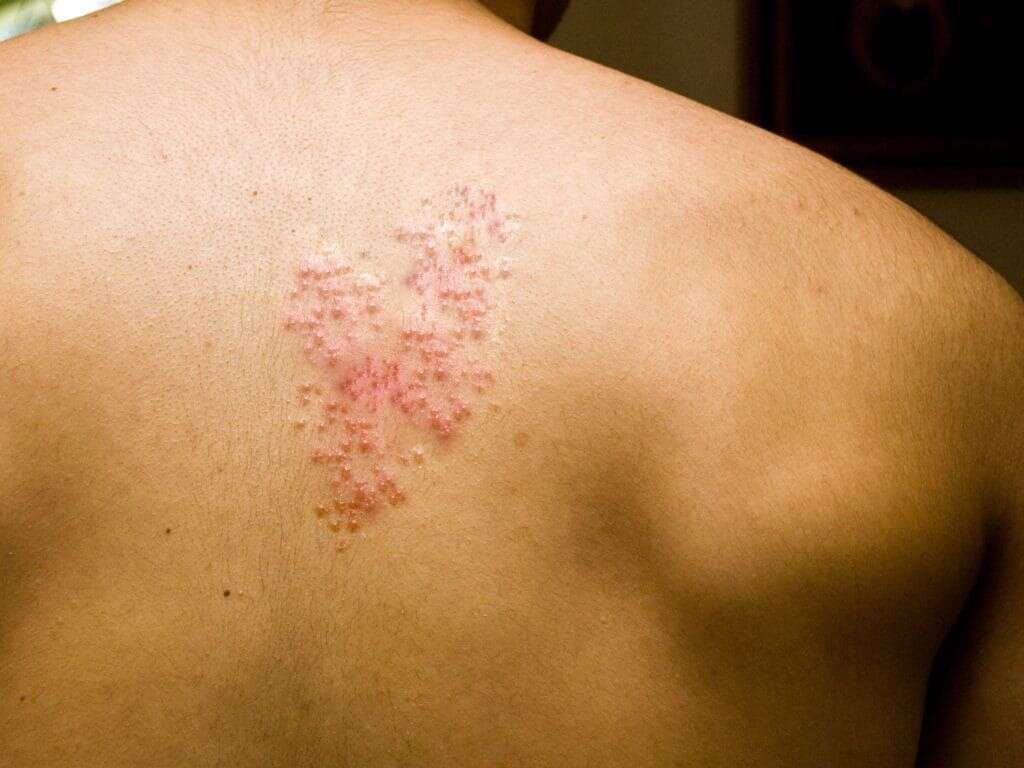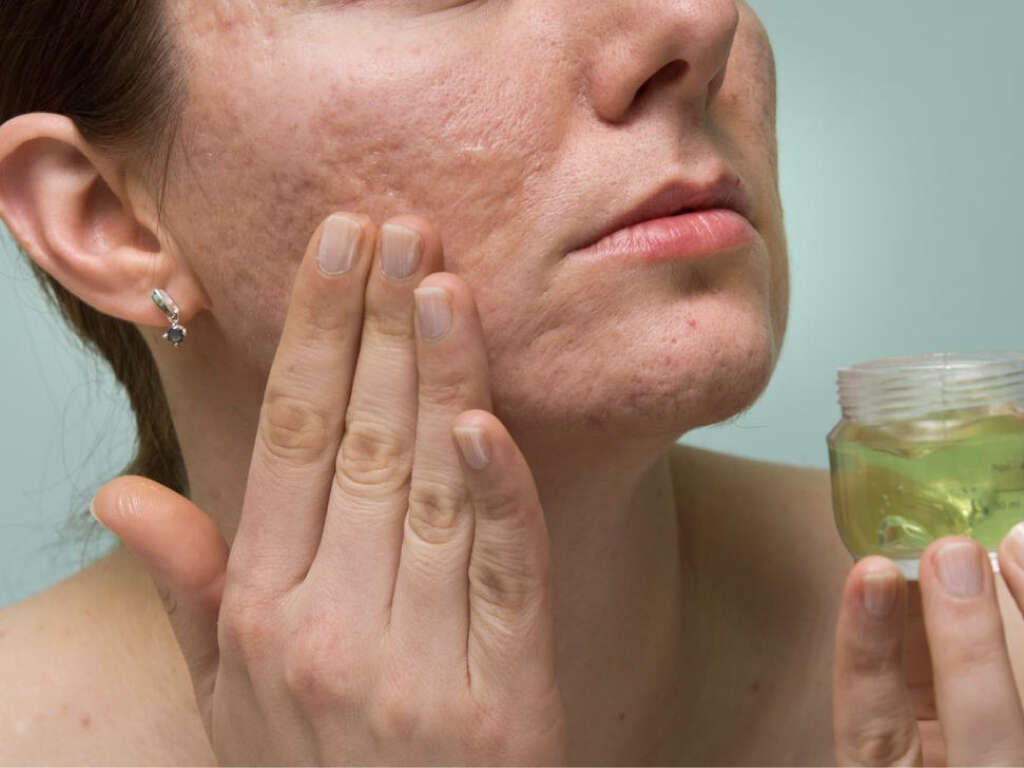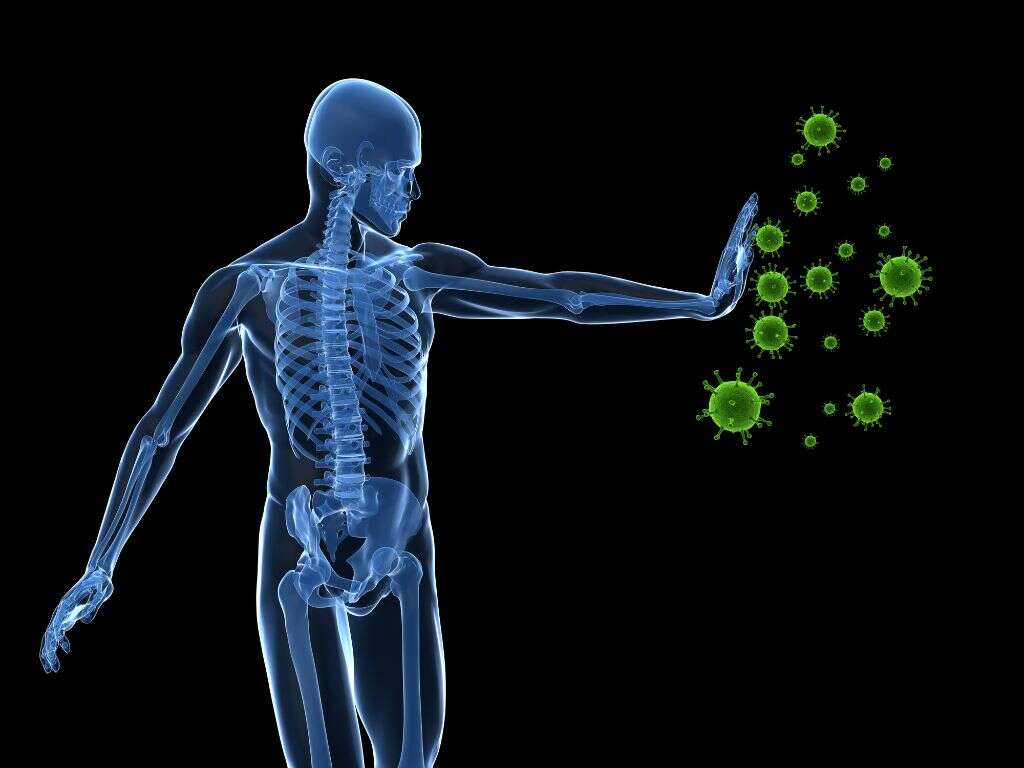What Is Ramsay Hunt Syndrome?
We have nerves traversing our entire bodies. These help us to feel what is around us and they also help with the control of our muscles. It is important that our nervous systems remain in good health because it is essential to us in so many ways. Certain diseases can cause problems for our nervous system, however.
One such example is Ramsay Hunt syndrome, which can affect the nerves in the face. This will limit the patient’s ability to control their facial muscles, along with a number of other unwelcome symptoms. It can be a very painful condition and it can come with some potentially serious complications.

1. Shingles
Chickenpox is a disease that used to be far more common until a vaccine was created for it. As with so many other viruses, the virus will remain in the body for long after the symptoms have cleared up. The virus will usually remain dormant for the rest of the patient’s life, but it will become reactivated in some people.
When the chicken pox virus is reactivated, it causes a different and more unpleasant disease known as shingles. It causes a severe rash and pain, burning, and intense itching. It is also contagious, but if somebody with shingles passes on the virus, the other person will develop chicken pox and not shingles. Shingles can also cause people to develop Ramsay Hunt Syndrome.

2. Ramsay Hunt syndrome
Shingles can affect pretty much any part of the body, including the face. It is usually only the skin that is affected but, in some cases, the symptoms will be more than just skin deep. It has the ability to affect certain nerves, and this can result in some very unwelcome symptoms.
If an outbreak of Ramsay Hunt syndrome affects the face, then a facial nerve might also be affected. This can affect the functioning of the nerve, potentially resulting in a number of symptoms. The condition can usually be cured if it is treated quickly, but will result in permanent damage in some cases.

3. Main Symptoms
Patients with Ramsay Hunt syndrome are likely to experience two main symptoms. One of these is a red rash around one ear that is likely to be very painful. There are also likely to be blisters in the area that are filled with pus. It is the presence of the virus in this area that is likely to cause the other main symptom.
The other main symptom of the condition is a weakness in the face muscles on the same side as the rash. In some cases, that side of the patient’s face can become paralyzed altogether. In addition to these symptoms, the patient will also experience some other symptoms.
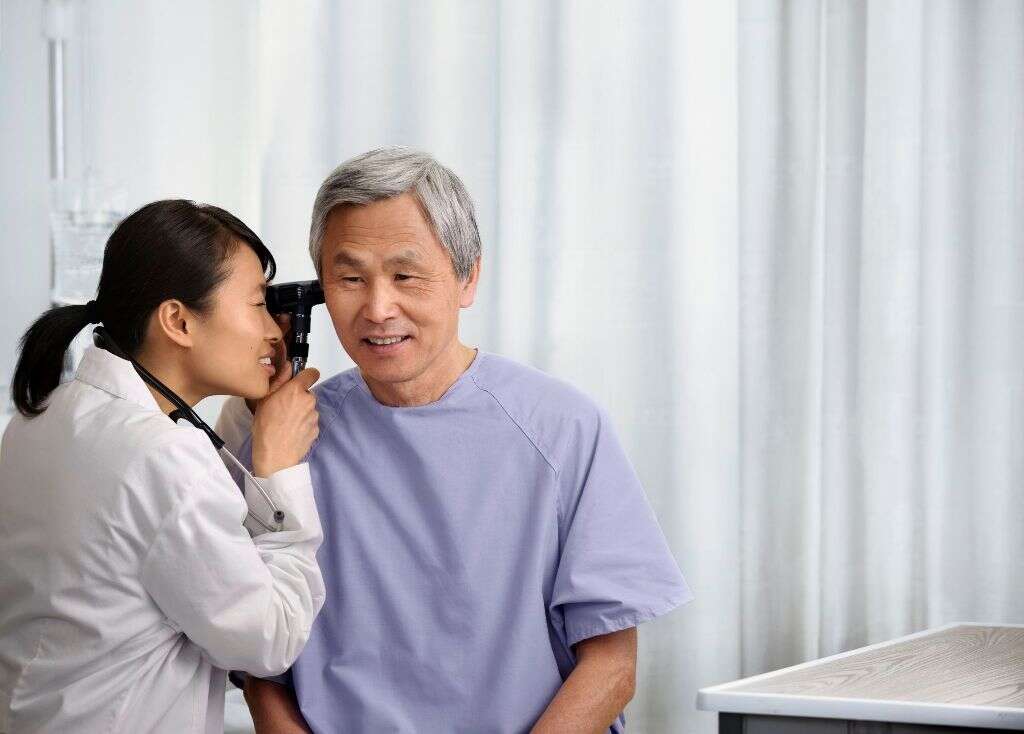
4. Other Symptoms
Additional symptoms of Ramsay Hunt syndrome include ear pain on the affected side of the face. Patients can also experience tinnitus, which is a ringing sound in the ears, while hearing loss is another potential symptom of the condition. What’s more is that the patient can have difficulty closing the eye on the side of the rash.
If the virus affects the ear internally then the patient can begin to experience vertigo. Dry eyes and mouth are other potential symptoms, while the patient can also find that food starts to taste differently. In some cases, the patient might begin to lose their sense of taste altogether.
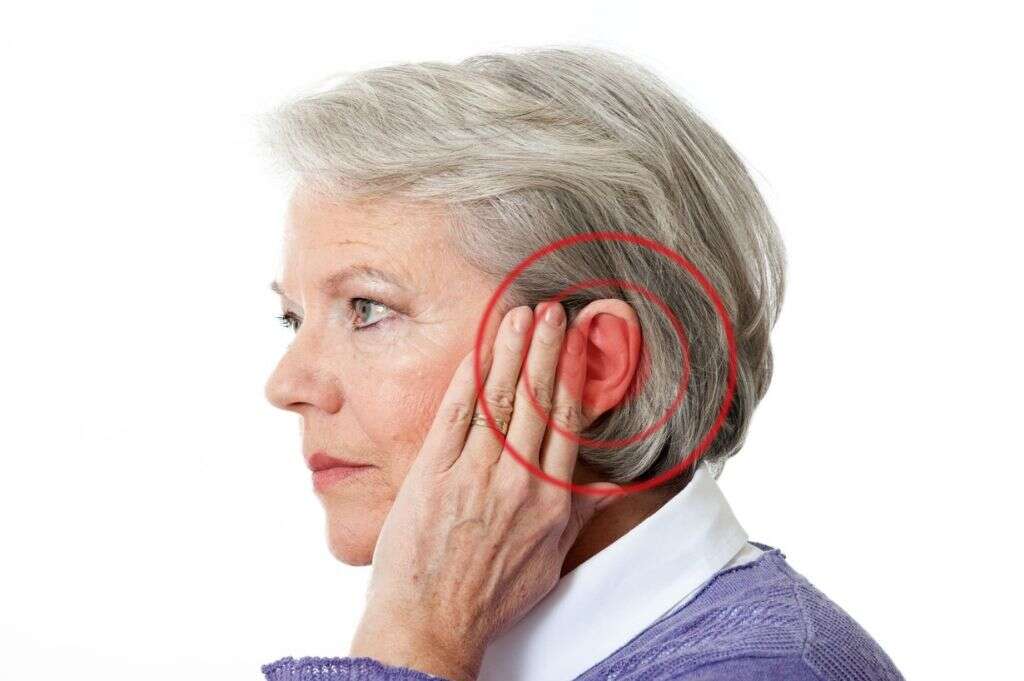
5. Risk Factors
If you have had chicken pox in the past then you are at risk of developing shingles, and also Ramsay Hunt syndrome. People that have not had chicken pox in the past will not be able to contract Ramsay Hunt syndrome. It rarely occurs in children and is more likely to happen in people that are over 60.
Ramsay Hunt syndrome cannot be passed from person to person, but the virus that causes it can be. As mentioned, this will result in the newly infected person developing chicken pox and not shingles or Ramsay Hunt syndrome. There is also a chance that the syndrome can go on to cause severe complications.

6. Eye Damage
We blink regularly without even thinking about it, but it is a very important action for us. Blinking helps to coat the eye with a natural lubricant that prevents the surface of the eye from drying out. Without this lubricant, the eye can become damaged. It is a problem that some people with Ramsay Hunt syndrome will develop.
Ramsay Hunt syndrome can mean the patient cannot close their eyes, and this can cause the cornea to become dry and damaged. A damaged cornea can cause blurred vision and it can also cause pain in the eye. The damage caused will be permanent in many cases.

7. Postherpetic Neuralgia
Our nerves carry messages from different parts of the body to and from the brain. These messages allow us to feel various sensations, including pain. If something was to happen to these nerves then the messages can become very confused. This can result in some very unwelcome symptoms.
Postherpetic neuralgia is a condition where nerve fiber has become damaged. It is perhaps the most common complication caused by Ramsay Hunt syndrome. It can cause intense pain for the patient even when there is otherwise nothing there to cause the pain. The condition will last for long after the symptoms of Ramsay Hunt syndrome have gone.
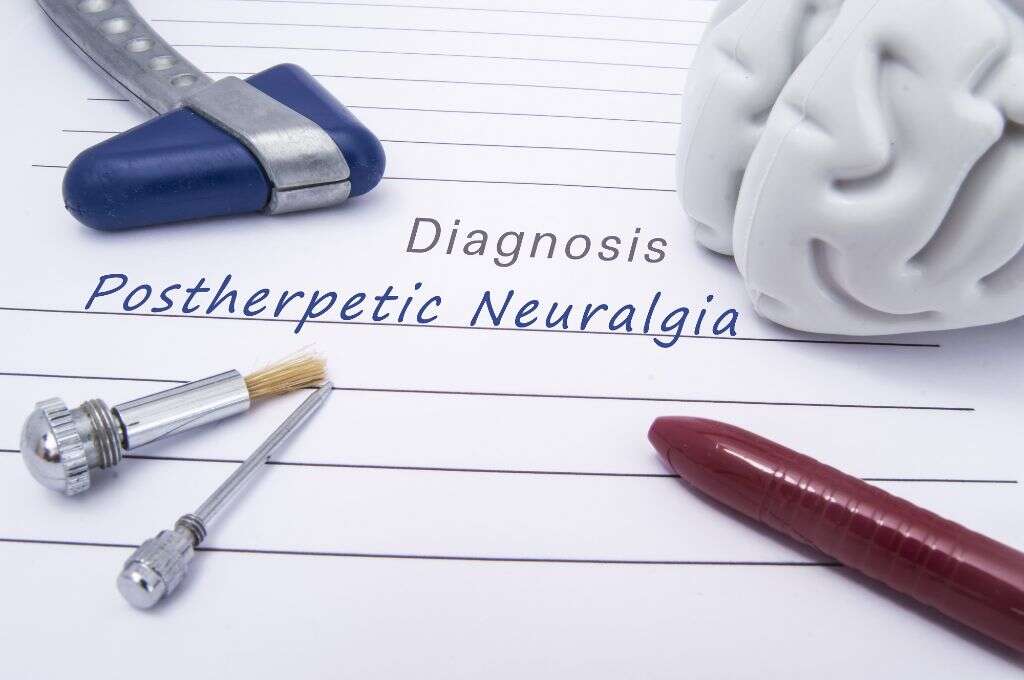
8. Hearing Loss
Our inner ears contain some very delicate organs. Although well protected deep inside our skulls, these organs are still susceptible to damage from infections. One example of an infection that can cause such damage is shingles. This can result in the patient losing their ability to hear.
Loss of hearing is not uncommon in cases of Ramsey Hunt syndrome but the sensation will usually return once symptoms have passed. Hearing loss can be permanent, however, depending on the severity of the damage caused by the infection. Patients might also experience permanent facial weakness as a result of Ramsay Hunt syndrome.
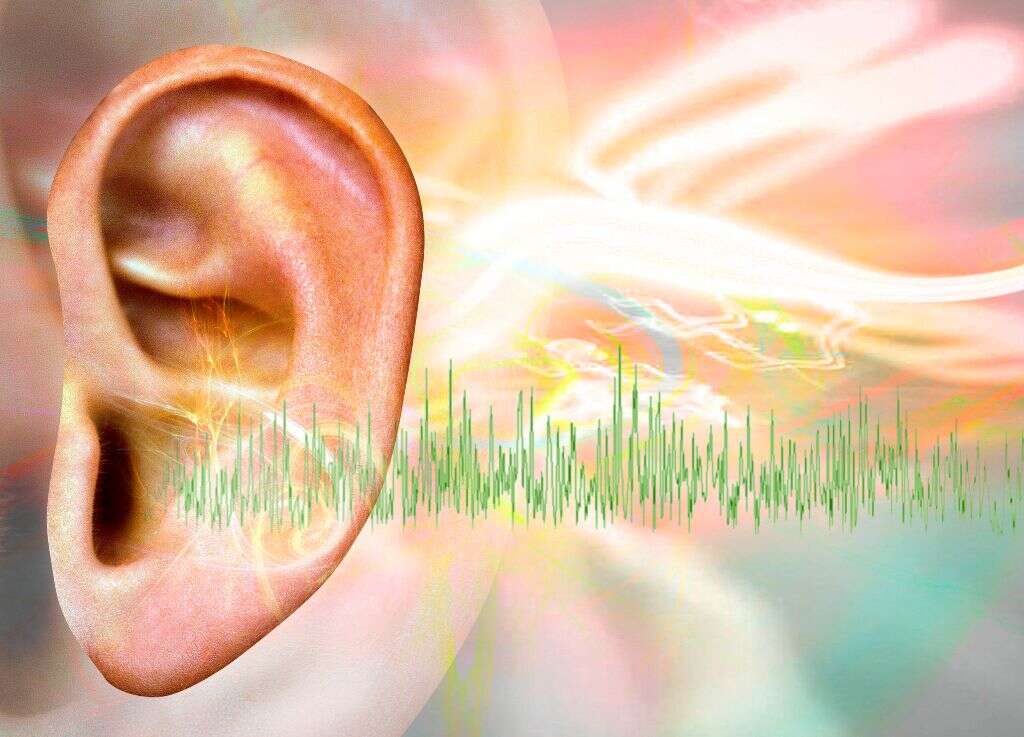
9. Diagnosis
If Ramsay Hunt syndrome is suspected then the doctor will likely ask about the patient’s medical history. In particular, they are likely to ask whether or not you have had chicken pox in the past. They will likely also ask about your symptoms as well as performing a physical exam.
In order to get a confirmation of the diagnosis, further tests will need to be carried out. This will usually involve testing fluids taken from any blisters in the ear. This fluid can then be sent to a laboratory where it can be examined for the presence of the virus responsible for Ramsay Hunt syndrome.

10. 10. Treatment
If a case of Ramsay Hunt syndrome is confirmed then it is important to start treating the condition straight away. This is to help relieve the pain caused and to help prevent permanent damage from being done. This usually involves antiviral drugs that will help to fight against the virus.
The patient’s symptoms will also need to be treated, and this can include anti-anxiety medication that can help to relieve vertigo. Corticosteroids may also be administered because they can help make anti-viral medications more effective. Pain relievers will also often be needed to help make the patient feel more comfortable.




